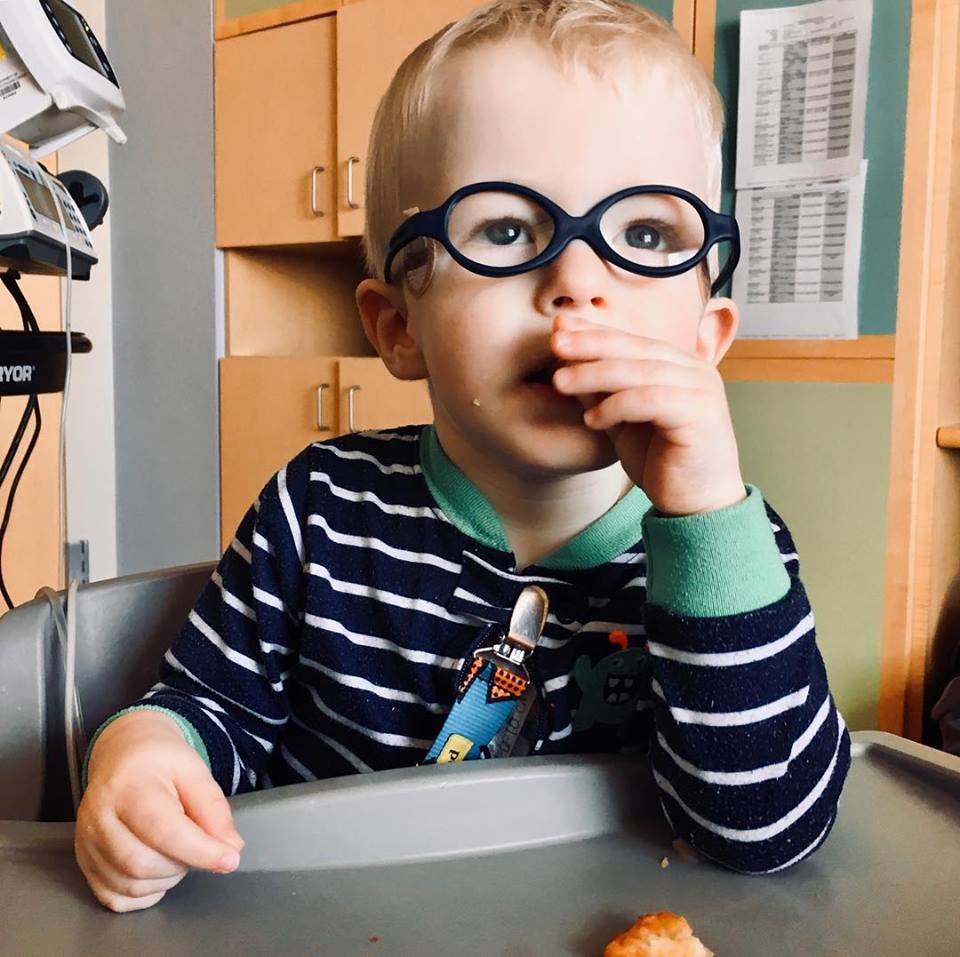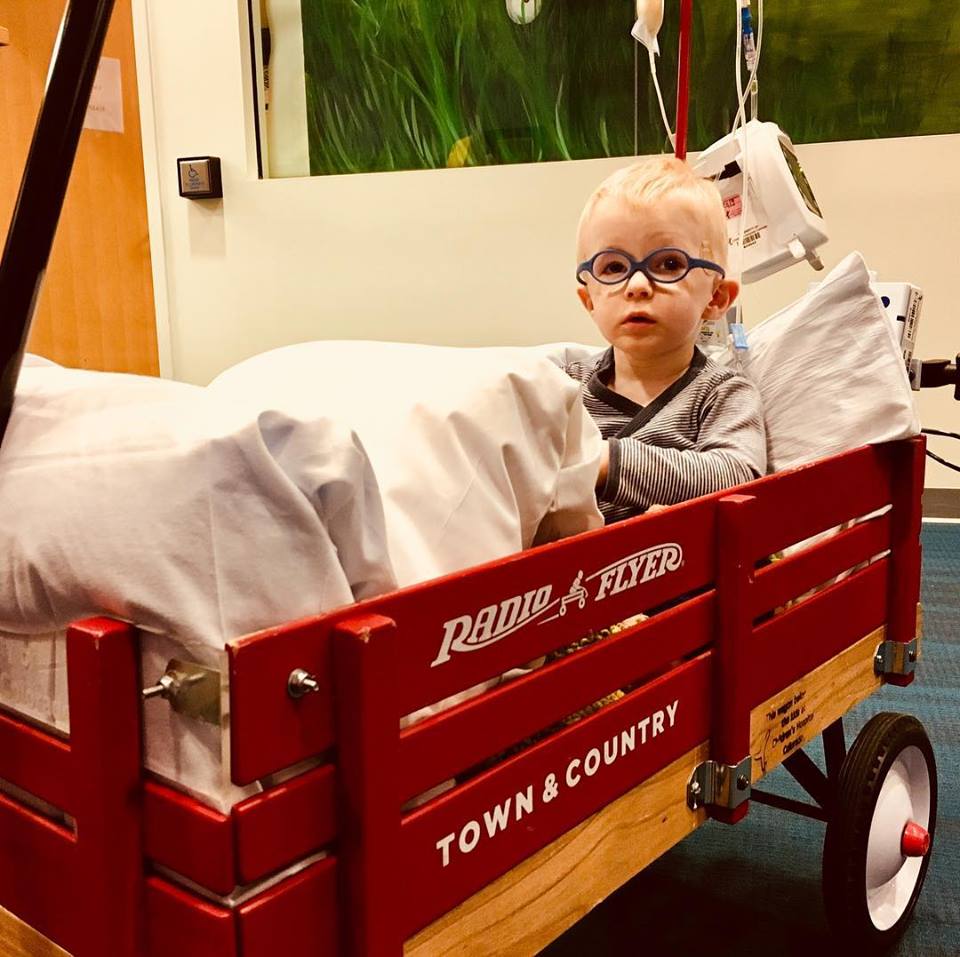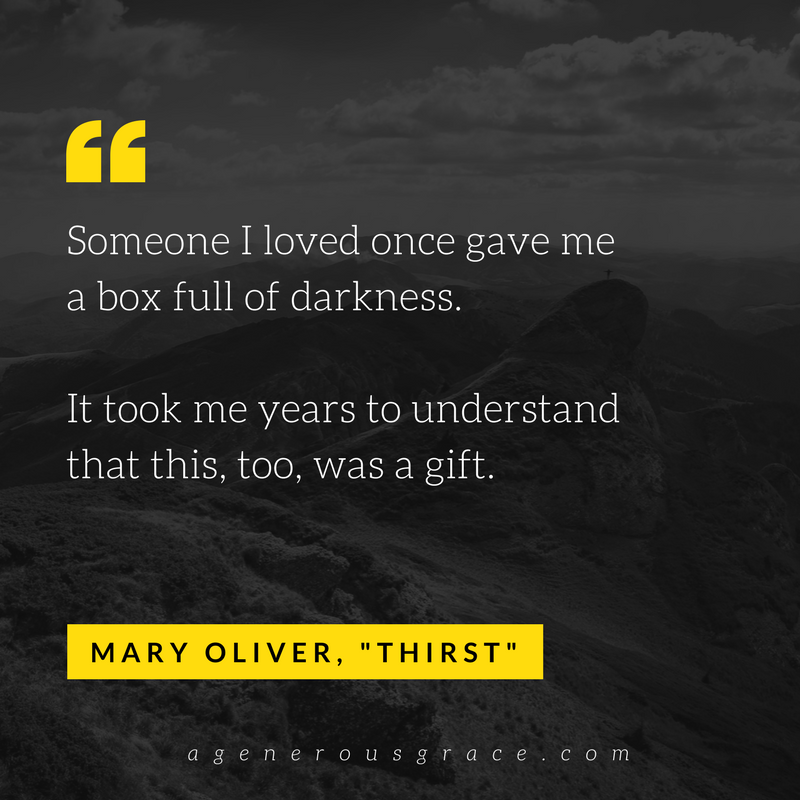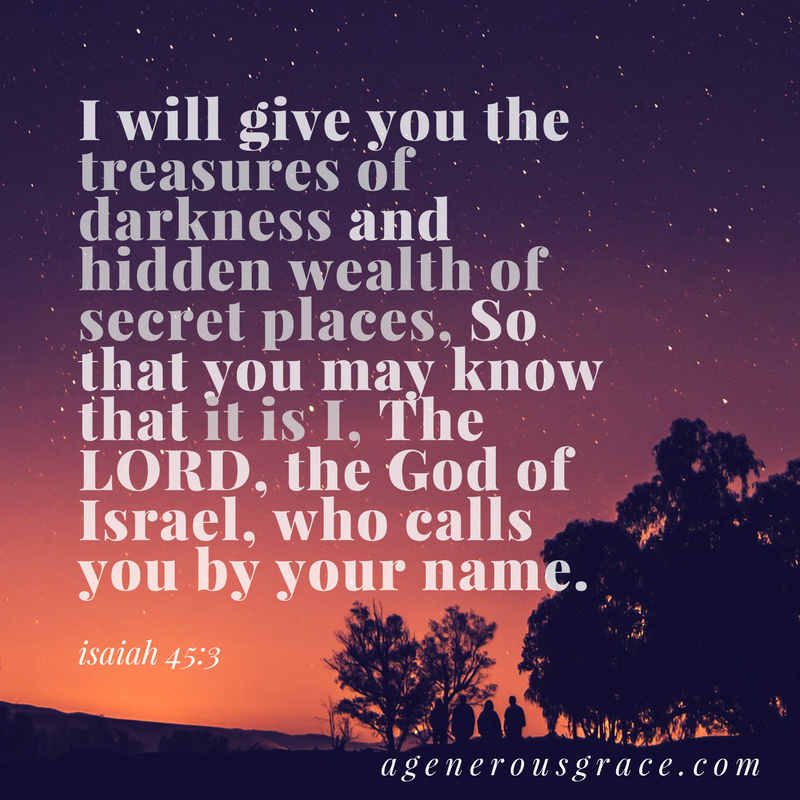Recently I went to a friend’s house on a dark day. (Even now, it is hard to type this. I might be crying a little.)
I’d been hanging out with her and her two-year-old son, Henry, every couple of weeks or so as they got their feet back under them after his chemo. Which happened after his brain tumor. Which happened after a life-threatening bacterial infection. Which happened after he was born prematurely. I’d arrived from Africa a little late to the scene, when they’d gotten the happy MRI’s with a healthy brain.
Until.
The tumors shouldn’t have come back after five months. Shouldn’t, all over the place, for so many reasons. So that day, I sat on her floor and let beautifully-oblivious Henry climb all over me.

He’s in chemo again, a more intense round this time. This week they’re “harvesting stem cells” and all those other words no mother ever wants associated with her toddler. And there is hope for my friend, with the tenacity she makes look easy that I know isn’t.
(Would you pray for them?)
The People Who “Get It”
After my years in Africa, I look at my children’s happiness a little differently. That is to say, I’m thankful for all these ways they bounce around like superballs, relatively carefree. Despite some hard stuff–a robbery; a continental move; the death of a grandparent; learning disorders–I’m thankful for what they don’t know yet. I’m grateful that, say, like so many kids in Uganda, they haven’t lost a parent, aren’t dealing with HIV, haven’t indelibly encountered how much people are selfish and lie.
Maybe that sounds cynical! Or perhaps my own experiences with grief have simply marked me.
Because one of my clients puts out DivorceCare and GriefShare support groups, I spend a good amount of time speaking with people who are broken. Overwhelmingly in those groups, they are thankful to find people who simply get it. Who say, This is normal. And there is hope.
Because grief changes us (see this post on Suffering, and the People We Become).
And here’s the odd thing I realize since being back. I’m drawn to people who understand grief; who know darkness, like my friend.
I think it’s because grief layers us. It adds depth and dimension and ferocity. We become less makeup, more skin.
As much as I shudder for the days my kids walk there–as Henry is doing before he can speak–it is there when their faith will be galvanized. They will be more humble. Lean. Compassionate. Resilient.
Sometimes I wonder if this is why God can seem to favor the long haul over miracles: Because one lasts much longer than the other, flourishing and reproducing like a once-burnt forest. Because he is just as much the God who walks through as the God who walks around.

A Friend in Darkness
Next month I will celebrate 18 years of marriage with the love of my life. Are we more in love than ever? Yes! And a little bit no. Our love is something more like steel now. It’s less roses and tulle, more like the graceful, knotted muscle of a dancer’s calves. It’s that effortless-looking soar as partners that have spent far more hours inventing, repeating, failing, sweating (laughing, too) in a practice room than on stage. My husband has been a friend in darkness.
Friends like these understand that God really is there, anointing our heads with oil in the presence of enemies, even in the most shadowy of valleys. I find He is this friend who knows dusk and its blindness, a friend who sits shiva with me.
Yes, sometimes I need a friend who just doles out stupid jokes and watches Netflix with me. (Sometimes Netflix helps endure darkness.) But I have come to find hidden wealth in the inky parts of night, and the friends who meet me there.

Like this post? You might like
- On Keeping Your Heart Soft When Times are Tough
- When God Isn’t Who You Thought He Was: On Spiritual Bewilderment and Anger
- It’s Around Here Somewhere: On Looking for Joy, and Fighting to See
- New Year’s 2018: When You’re Hoping for Hope
*Mary Oliver quote taken from Hub, Sapiens. POETRY: A Collection of Quotes: Pablo Neruda, Jack Kerouac, Vincent Van Gogh, Victor Hugo, Plato, Leonardo da Vinci, William Shakespeare, Emily Dickinson, John Keats, Edgar Allan Poe and many more! (Kindle Locations 561-565). Kindle Edition.












![Now You're Speaking My [Love] Language Now You're Speaking My [Love] Language](https://www.janelbreitenstein.com/wp-content/uploads/2015/08/love-languages-text-1.jpg)





Leave a Reply